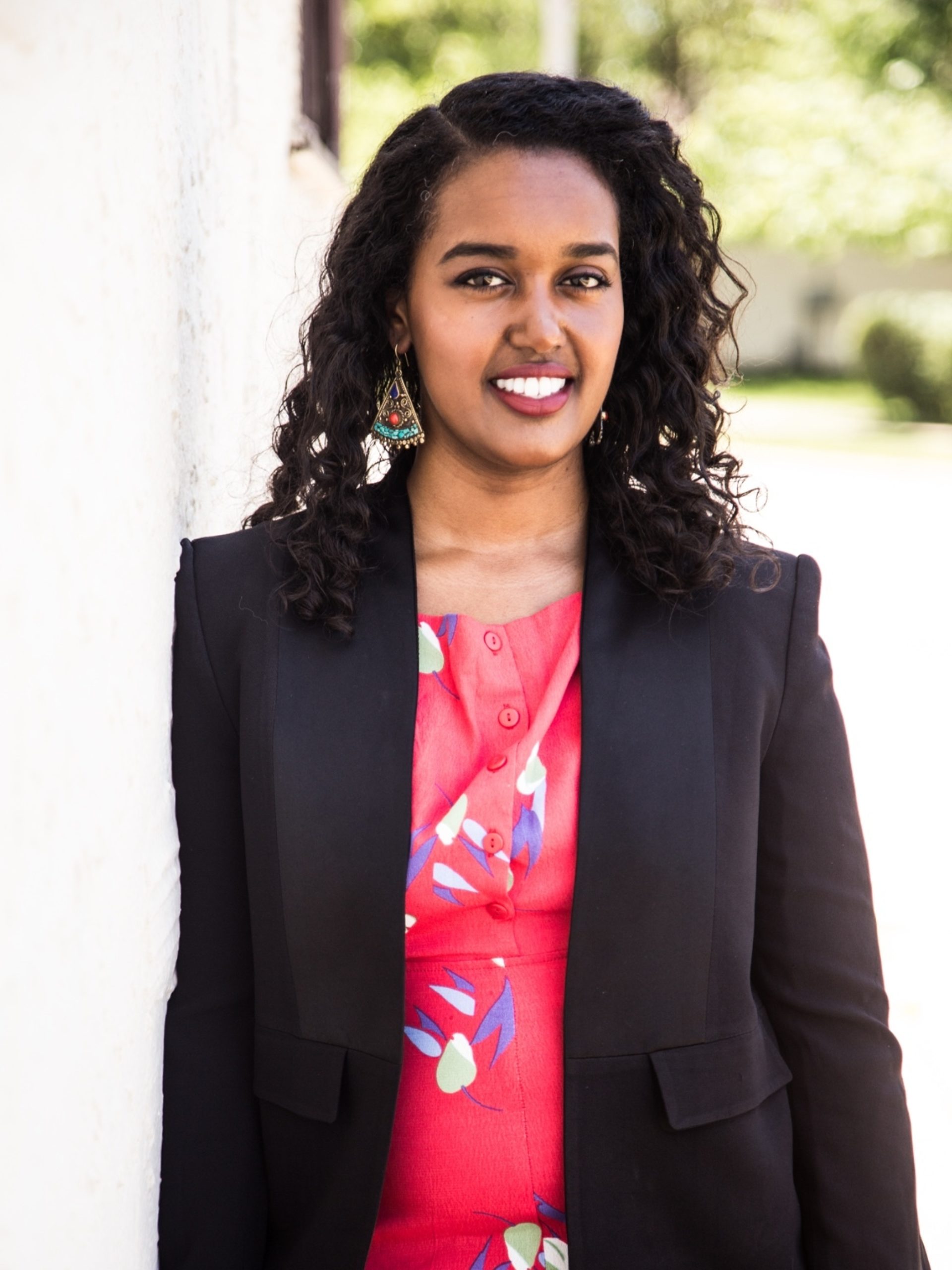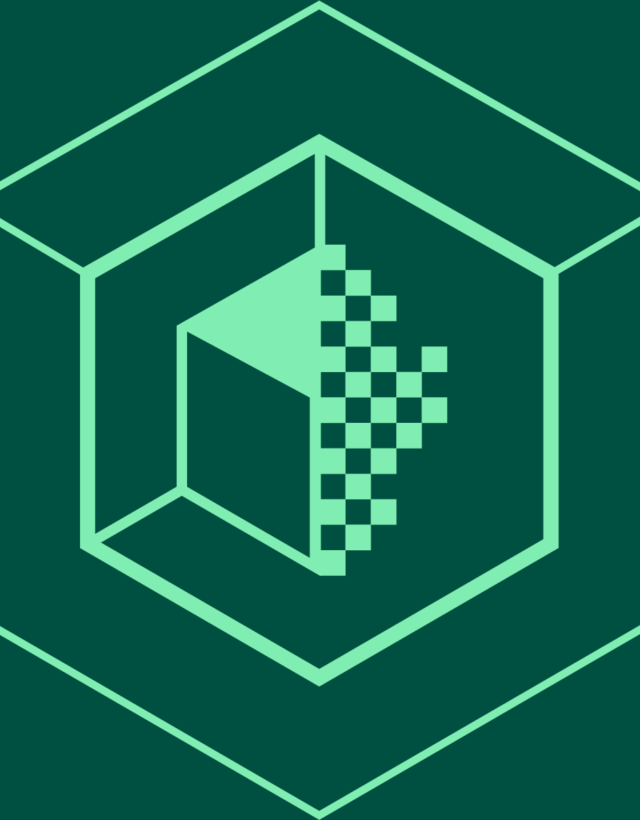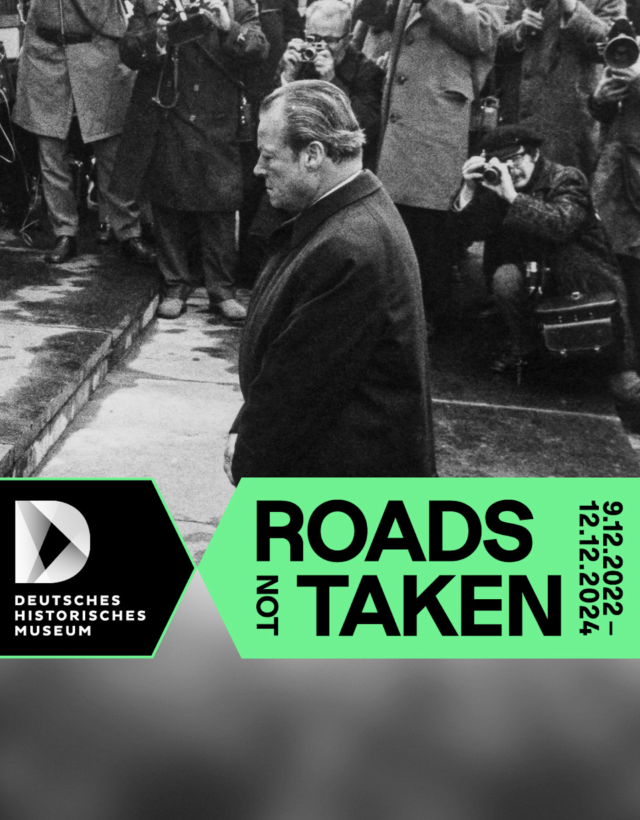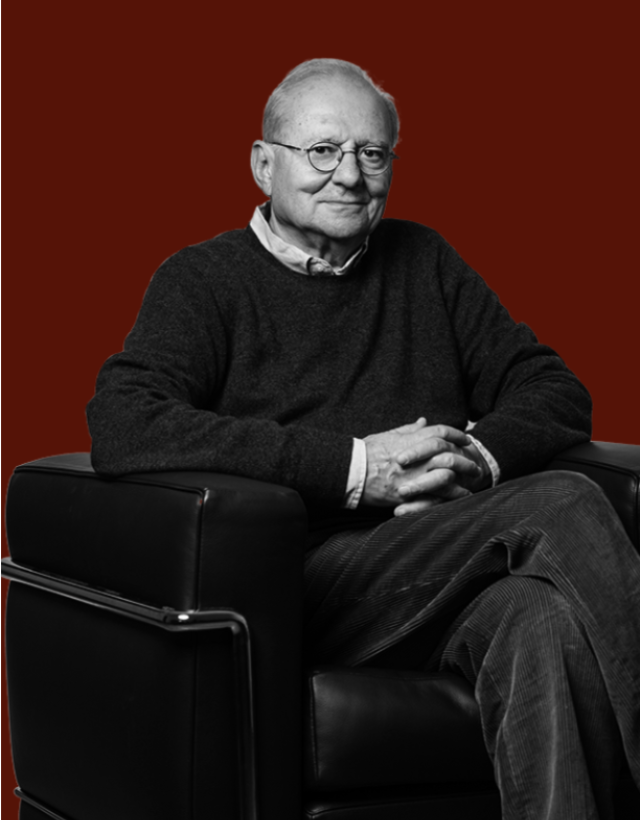
Homebase: DC/Washington/USA
Job title: Curator of African American Social Justice
Tsione Wolde-Michael is a Curator of African American Social Justice History at the Smithsonian National Museum of American History. Her work focuses on creating innovative approaches to community engagement, collections management, heritage preservation, and exhibitions including the landmark Slavery and Freedom show at the National Museum of African American History and Culture. Her international work through the Slave Wreck’s Project has included assignments in South Africa and Mozambique to recover first-known objects from underwater slave ship wrecks and work with local public history institutions to reinterpret colonial collections. Tsione’s decade-long experience in the field of public history also extends to digital media and online exhibitions, curating visual art, writing for academic publications, teaching, and lecturing around the country. Her current projects include a special joint Smithsonian-wide initiative to document the history of the Black Lives Matter movement. She holds a bachelor’s degree in Women and Gender Studies from Macalester College and a master’s degree in History from Harvard University, where she is a Ph.D. Candidate in the same field.
In the wake of COVID-19, systemic racism, and an emboldened global Black Lives Matter movement, the issue of racist monuments has arisen. Activists, scholars, and communities around the world have connected the history of racial injustice with democratic public space and national memory to shed light on this issue. The urgency to advance democratic societies is central to the “Monumental Histories” pilot project proposed by Tsione.
Using archaeology, history, and critical dialogue to examine Confederate monuments in Virginia, "Monumental Histories" seeks to train a new generation of heritage workers in Black archival practice and the studied interpretation of racist visual culture. This project will engage young archaeologists, community members, and local activists to creatively address the current challenges and strategically diversify the field of heritage work. Through community listening forums and facilitated training that is intentionally packaged for repurposing, participants will reimagine democratic spaces of memory and engage in the local politics that shape local decisions.
The practice of community engagement requires that communities have better access and control over the way their stories are told on the public stage. This would amplify the voices of communities who have not been heard in the past and provide a space to apply their local knowledge and expertise. Moreover, providing the training that meets the needs of various local communities and helps them build their capacity is also essential to "Monumental Histories". To achieve these goals, pre-implementation work will include hosting several listening sessions to engage with the networks of artists, activists, community members, and political figures, establish contacts, understand areas of conflict, and facilitate trust before the work begins. After the initial community needs are established, facilitators will develop the training in Black archiving and interpretation with continuous evaluation conducted during the three key phases.
The potential impact of this project is significant due to its goals, methods, and reach. It will increase levels of local civic engagement, advance difficult conversations about the history of race and monumentality, and train a more diverse field of communities activists, and professional heritage workers during this pivotal time.


